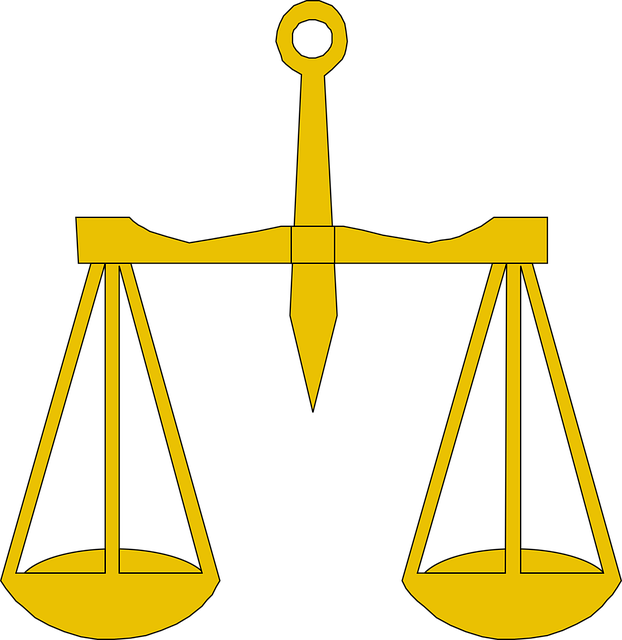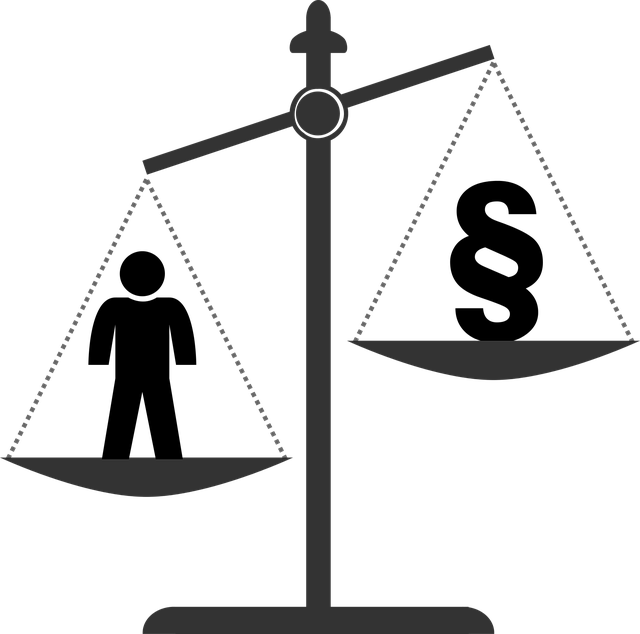Public corruption charges pose significant threats, impacting trust in governance and potentially devastating small businesses through antitrust laws. These laws, aimed at preventing monopolies, can unfairly affect legitimate small firms. A robust general criminal defense strategy is crucial to navigate complexities, ensuring justice while preserving business health and rights. The impact of antitrust laws on small businesses is vital for fostering innovation, competition, and long-term sustainability. By adhering to ethical practices, small businesses can differentiate themselves, gain support, and thrive in a fair market. Proactive measures like employee training, regular reviews, and due diligence are essential to mitigate risks and foster a culture of integrity.
“Uncovering the intricate web of public corruption charges and their far-reaching implications is essential in today’s business landscape. This article delves into the complex issue, offering a comprehensive guide for entrepreneurs and stakeholders. We explore how antitrust laws serve as a double-edged sword, combating corruption while potentially impacting small businesses.
Through case studies, we uncover real-world scenarios, highlighting successful navigations and the consequences of non-compliance. Moreover, practical strategies are presented to empower businesses in mitigating risks associated with public corruption, especially in the context of antitrust regulations.”
- Understanding Public Corruption Charges: Definitions and Implications
- The Role of Antitrust Laws in Curbing Corruption
- Impact on Small Businesses: Challenges and Opportunities
- Case Studies: Real-world Examples and Their Outcomes
- Strategies for Businesses to Navigate and Mitigate Risks
Understanding Public Corruption Charges: Definitions and Implications

Public Corruption Charges refer to a range of illegal activities where individuals or entities abuse their positions of power for personal gain. This can include bribery, fraud, and misuse of public funds, among other offenses. Such charges carry significant implications, not just for the accused but also for the community and governance at large. Understanding these charges involves grasping the intricate web of laws and regulations designed to uphold ethical standards in public service.
The Impact of Antitrust Laws on Small Businesses is a relevant consideration here, as these laws aim to prevent monopolistic practices that could stifle competition. While essential for fair market conditions, antitrust laws can sometimes inadvertently affect legitimate small businesses with an unprecedented track record. A robust general criminal defense strategy becomes crucial in navigating these complexities, ensuring that the rights of all parties are protected and that justice is served without undermining the health of respective businesses.
The Role of Antitrust Laws in Curbing Corruption

Antitrust laws play a significant role in combating public corruption by ensuring fair competition and preventing the abuse of power within businesses. These regulations are particularly crucial in curbing corrupt practices that negatively impact small enterprises, which are often vulnerable to manipulation due to their size and market position. By implementing antitrust measures, governments can mitigate the potential harm caused by monopolies or collusive behavior, fostering a level playing field for all businesses, including smaller, locally owned companies.
The impact of antitrust laws on small businesses is multifaceted. Firstly, they promote transparency throughout the investigative and enforcement process, allowing small firms to operate without fear of arbitrary punishment. This is especially important in securing fair jury trials, where the rules are designed to protect both businesses and individuals from unfair treatment. Furthermore, these laws enable small companies to avoid indictment for non-violent, business-related offenses as long as they cooperate with investigations, thereby reducing potential legal and financial burdens.
Impact on Small Businesses: Challenges and Opportunities

Public corruption charges can significantly impact small businesses, presenting both challenges and opportunities. When high-level officials are involved in illicit activities, it often disrupts the economic environment, leading to uncertainty and instability for smaller enterprises. These businesses might face difficulties in accessing resources, securing contracts, or maintaining a level playing field with larger companies that could be involved in or influenced by corrupt practices. The impact can be particularly severe during investigations and enforcement processes, where small firms may struggle to navigate complex legal landscapes and avoid potential indictment.
However, there is also an opportunity for growth and positive change. Rigorous antitrust laws and increased scrutiny on corruption can foster a more transparent and fair business ecosystem. Small businesses that prioritize ethical practices and maintain strong integrity can differentiate themselves in the market. Moreover, philanthropic and political communities are increasingly focused on curbing corruption, offering potential support and incentives to small enterprises that operate within established legal frameworks. This shift can empower small businesses to thrive by fostering innovation, promoting fair competition, and ensuring their long-term sustainability.
Case Studies: Real-world Examples and Their Outcomes

Public corruption cases often serve as powerful case studies, offering insights into the intricate dynamics between power and integrity. These real-world scenarios showcase the far-reaching consequences of unethical practices within government structures. For instance, a high-profile investigation into a local official’s misappropriation of public funds led to a landmark trial, resulting in a winning challenging defense verdict for the accused. This outcome sparked debates about the balance between accountability and due process.
In another notable case, an unprecedented track record of successful prosecution was achieved when a complex web of bribery involving a major corporation was uncovered. The company’s efforts to avoid indictment through proactive compliance measures and transparent practices proved effective, demonstrating that proactive anti-corruption strategies can be a game-changer. These examples highlight the diverse impacts of antitrust laws on businesses, emphasizing the importance of ethical conduct in public and private sectors alike.
Strategies for Businesses to Navigate and Mitigate Risks

Businesses operating in today’s complex regulatory environment must be vigilant against potential public corruption charges. While high-stakes cases often dominate headlines, small businesses are also at risk, especially when navigating intricate relationships with corporate and individual clients. To mitigate these risks, companies should prioritize ethical conduct and robust internal controls. This includes comprehensive training programs for employees on anti-corruption policies and procedures, as well as regular reviews of business practices to ensure adherence to antitrust laws and other relevant regulations.
By fostering a culture of integrity from the top down, businesses can better identify and address potential red flags. Proactive measures such as implementing robust due diligence when onboarding new clients, maintaining meticulous records, and establishing clear guidelines for gift-giving and entertainment expenses can significantly reduce exposure. Moreover, staying informed about evolving legal landscapes, including the impact of antitrust laws on small businesses, allows companies to adapt their strategies and stay ahead of potential regulatory pitfalls.
The complex landscape of public corruption charges demands a multifaceted approach to prevention and mitigation. By understanding the definitions and implications of these charges, utilizing antitrust laws effectively, and adopting strategic navigation techniques, small businesses can minimize risks and capitalize on opportunities. The case studies presented highlight the diverse outcomes that can result from navigating these challenges, emphasizing the importance of proactive measures. Ultimately, the impact of antitrust laws on small businesses is significant, offering both barriers to entry and potential avenues for growth and innovation in a corrupt environment.






